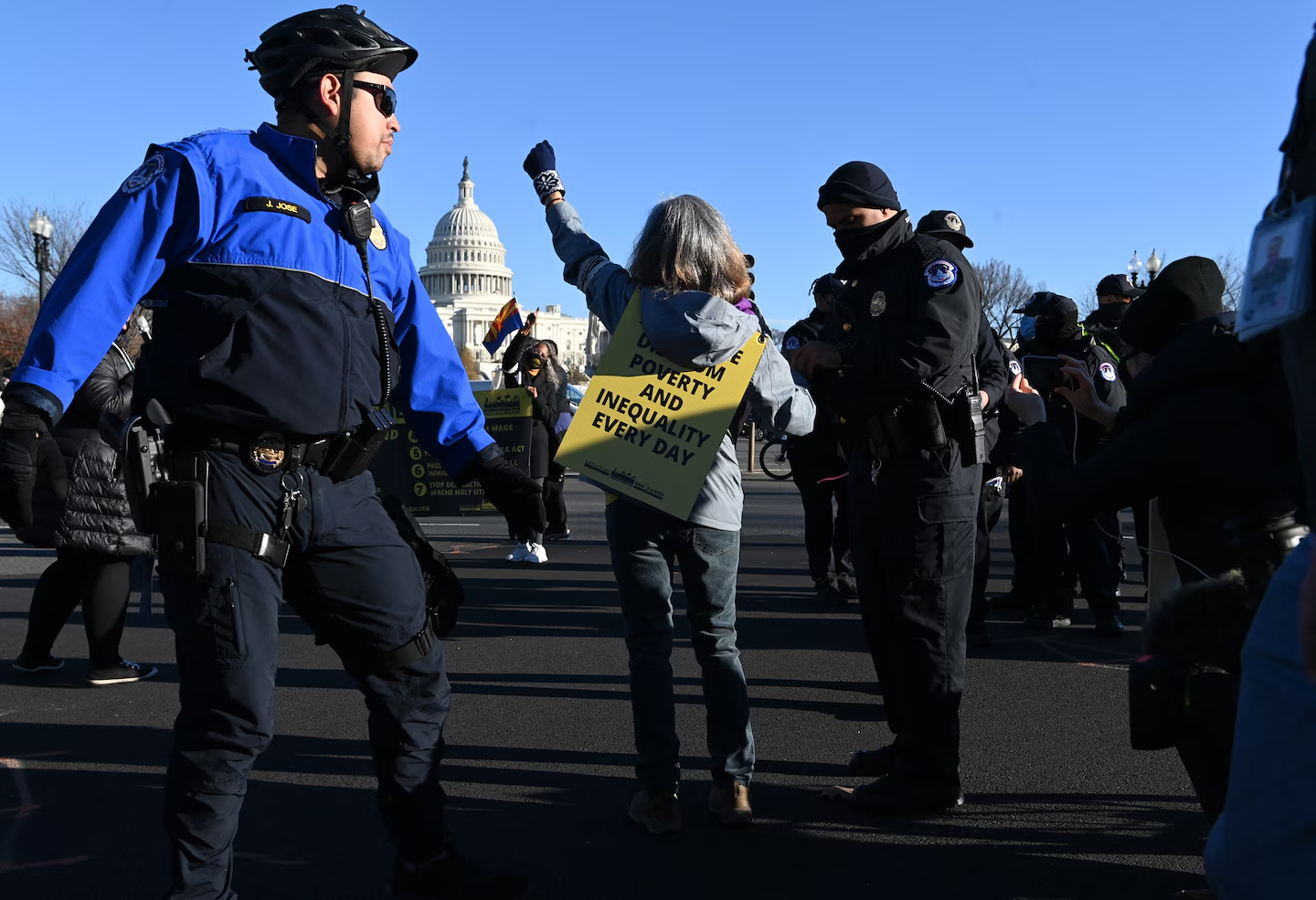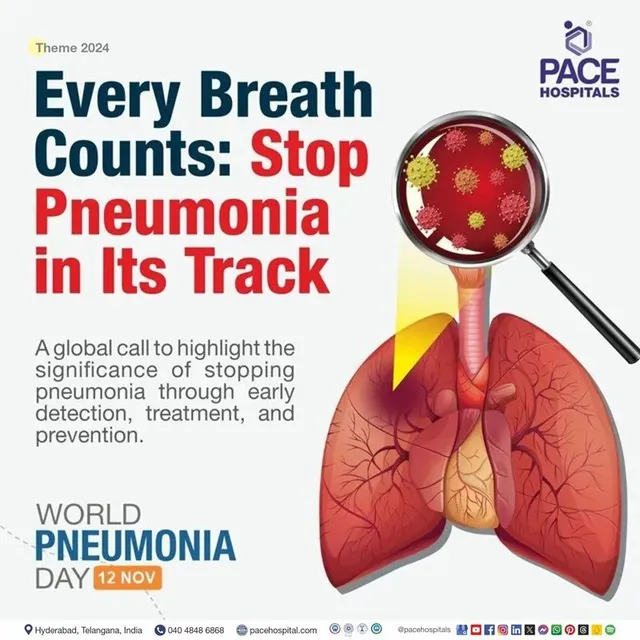Former MMA star Ben Askren has become a living testament to the fragility of life and the healthcare system in the United States. After a harrowing battle with severe pneumonia that led to a double lung transplant, Askren shared that he "died four times" during his ordeal. This shocking revelation raises critical questions about access to healthcare and the importance of timely medical intervention.
Health Crisis Exposes Systemic Failures
Askren"s experience, as reported by The New York Times, is not just about one man"s struggle; it reflects broader systemic failures in our healthcare system. Many patients struggling with chronic illnesses face barriers to timely care, often exacerbated by socioeconomic disparities. According to research findings, rehabilitation after lung transplantation significantly improves patient outcomes, yet these programs remain inaccessible to many.
Double Lung Transplant as a Last Resort
Askren"s double lung transplant serves as a stark reminder of what can happen when healthcare fails to prioritize early intervention and preventative measures. The former MMA fighter was hospitalized for a month, an ordeal that could have been mitigated with better access to healthcare resources. As reported by AP News, Askren"s condition deteriorated rapidly, leading to life-threatening complications.

More than 70 people arrested in U.S. Capitol protest for low-wag…
Survival Rates and Long-Term Recovery
While Askren"s story has a glimmer of hope, the grim reality is that survival rates post-lung transplant have stagnated. According to data from PubMed, the long-term survival rate remains largely unchanged, which suggests that we are not doing enough to support patients in recovery. Askren"s fight for his life underscores the urgent need for reforms in healthcare policies that emphasize not only access to life-saving surgeries but also comprehensive post-operative care.
Healthcare Disparities Demand Action
As we rally around figures like Askren, we must address the broader implications of his experience. The disparities in healthcare access are not just statistics; they represent real lives at stake. Patients from marginalized communities often face significant hurdles in receiving timely and adequate medical care, putting them at risk for dire outcomes like those experienced by Askren.

World Pneumonia Day 12 November 2024 - Theme, History, Importance
The Role of Advocacy in Healthcare Reform
Advocacy for systemic reform in the healthcare sector is more critical than ever. The narrative surrounding Askren’s case should galvanize support for policies that ensure equitable access to healthcare resources for all. His ordeal serves as a rallying cry for those in the struggle for healthcare justice, emphasizing the need to dismantle the structures that perpetuate inequality in treatment and care.







![[Video] Gunfire between Iraqi security forces and Sadr militias in Baghdad](/_next/image?url=%2Fapi%2Fimage%2Fthumbnails%2Fthumbnail-1768343508874-4redb-thumbnail.jpg&w=3840&q=75)
